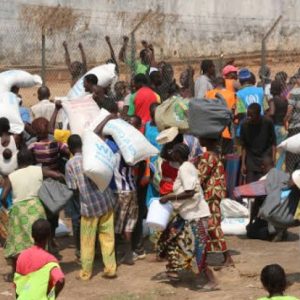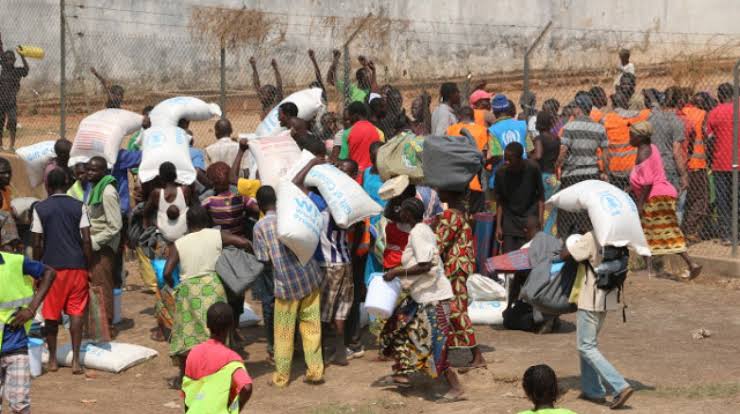
Introduction
Africa, with its diverse cultures, landscapes, and challenges, has been a focal point for humanitarian missions for decades. Humanitarian organizations from around the world have embarked on missions to alleviate suffering, address crises, and promote development in the continent. These missions have played a crucial role in providing hope and assistance to African communities facing adversity.
The Scope of Humanitarian Missions in Africa
- Emergency Relief
One of the primary objectives of humanitarian missions in Africa is to respond swiftly to crises. Whether it’s natural disasters like earthquakes, floods, or droughts, or man-made crises such as conflict and displacement, humanitarian organizations mobilize resources and personnel to provide immediate relief. They offer food, clean water, shelter, medical care, and other essential supplies to those affected.
-
Healthcare and Disease Prevention
Humanitarian organizations work tirelessly to improve healthcare access and prevent the spread of diseases in Africa. Initiatives range from vaccination campaigns to the establishment of healthcare facilities in underserved areas. Organizations also provide training and support for healthcare workers.
-
Education and Empowerment
Education is a fundamental human right, and humanitarian missions in Africa recognize its importance. They establish schools, vocational training centers, and literacy programs to empower individuals with knowledge and skills. Education is a key driver of long-term development and economic growth.
-
Food Security and Nutrition
Hunger and malnutrition remain pressing issues in parts of Africa. Humanitarian organizations implement food security programs, promote sustainable agriculture, and address nutritional deficiencies, especially among vulnerable populations such as children and pregnant women.
-
Protection and Advocacy
Humanitarian missions prioritize the protection of vulnerable groups, including refugees, internally displaced persons, and children. They advocate for the rights and well-being of these populations, striving to ensure their safety and dignity.
Women and Gender Equality
Promoting gender equality is a core aspect of humanitarian work in Africa. Initiatives focus on women’s empowerment, protection from gender-based violence, and access to healthcare and education.
Challenges in Humanitarian Missions
Humanitarian missions in Africa face various challenges, including political instability, security risks, limited resources, and complex cultural contexts. Navigating these challenges requires collaboration, adaptability, and a deep understanding of local dynamics.
Conclusion
Humanitarian missions in Africa are a testament to the spirit of compassion, solidarity, and global citizenship. They provide a lifeline to communities facing crises and pave the way for long-term development. The work of these missions is a beacon of hope, demonstrating that, even in the face of adversity, humanity’s collective efforts can make a meaningful difference in the lives of those most in need.
As Africa continues to evolve, humanitarian missions remain an essential part of the continent’s journey towards a brighter, more equitable future. They serve as a reminder that, together, we can extend a helping hand and build a better world for all.













